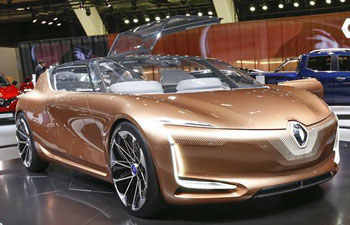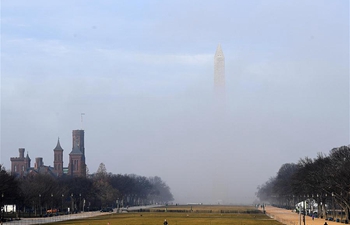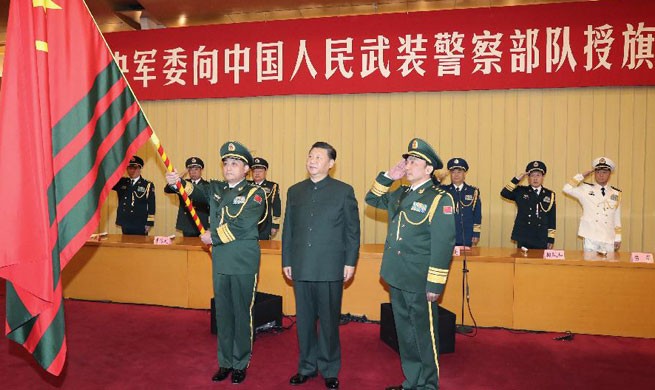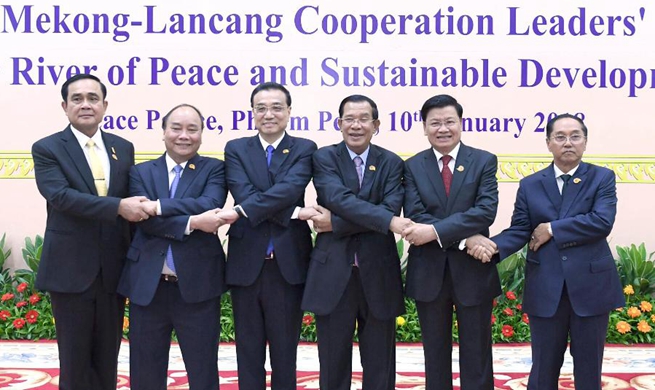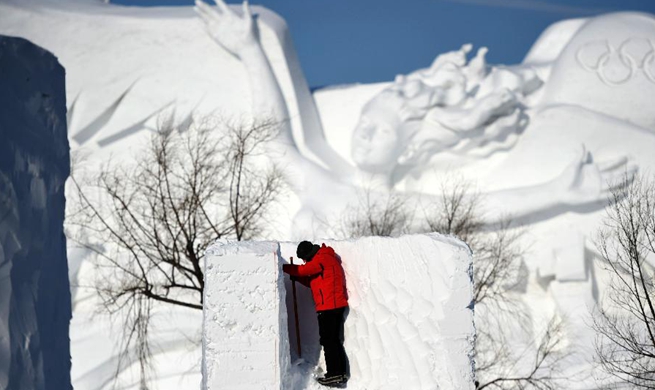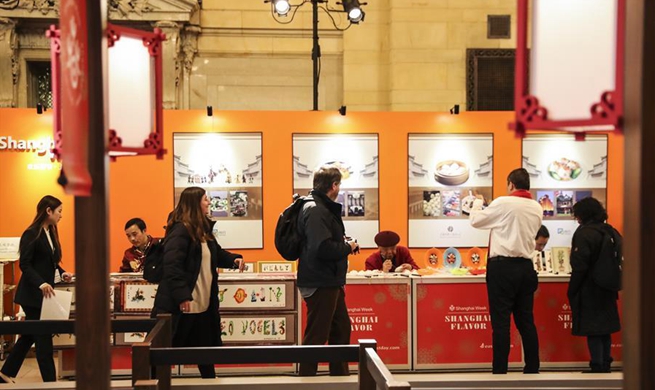by Eric J. Lyman
ROME, Jan. 10 (Xinhua) -- If the political and economic role of young Italians improves in the future, 2018 might be looked back upon as a turning point.
Up until now, the going has been tough for young Italian adults in both areas.
Sergio Mattarella, Italy's president, used an informal New Year's address to lament the low participation rate expected for the youngest voters in national elections scheduled for March.
Predictions are that only around 30 percent of those between the ages of 18 and 20 will cast a ballot; counting those up to 25 years of age, the expected rate only rises to 40 percent. In the last national vote in 2013, more than three in four eligible voters participated and there have been multiple previous elections where turnout surpassed 90 percent.
"The political parties just haven't been that effective in attracting young voters," Federico Castorina, president of the Cultura Democratica think tank, told Xinhua. "If you talk to many young voters they will tell you they don't see the value of the political process."
That is despite the rising influence of the Five-Star Movement, an anti-establishment party founded by comedian and activist Beppe Grillo that is seen as resonating with a younger crowd than other political parties. The Five-Star Movement will be led into the next elections by Luigi Di Maio, who at the age of 31, will be the youngest party leader in the next elections.
"The Five-Star Movement is seen as a young person's party, but their support still comes from those aged 35 to 45," Castorina said. "That is still younger than, say, the Democratic Party, which gets its support from those aged 50 and above."
The Democratic Party will be led into the next elections by Matteo Renzi, who at 39 was Italy's youngest-ever prime minister at the start of a three-year mandate that started in 2014.
The Five-Star Movement and the Democratic Party have the highest level of support with two months to go before the elections, followed by the center-right Forza Italia, led by 81-year-old Silvio Berlusconi, a three-time prime minister, and the separatist Northern League, led by Matteo Salvini, age 44.
"The problem of young voters is not unique to Italy," Paolo Bellucci, a political scientist with the University of Siena, said in an interview. "It's a typical characteristic of the cycle of life. People care less about politics when they are young, and more when they are older."
Bellucci said political parties to appeal to the interests of younger voters, though low turnout by the youngest sector of the electorate could also be seen as a positive."Turnout from young voters tends to go up when there's a crisis that worries them," he said. "That isn't the case now."
The closest thing to a crisis for young adults in Italy may be the country's economic recovery, which continues to leave the youngest behind. Despite gradual improvements in economic growth, consumer confidence, and industrial production, unemployment among Italian workers under the age of 25 stubbornly remains near 40 percent -- and that is despite a steady flow of young workers leaving the job market for greener pastures elsewhere in Europe.
"As long as the economy fails to provide more jobs for young workers, it cannot be a surprise that they rebel against the system," Oliviero Fiorini, an economist with ABS Securities, told Xinhua. "We keep hearing that more needs to be done to reverse this. Maybe 2018 will be the year that happens."




